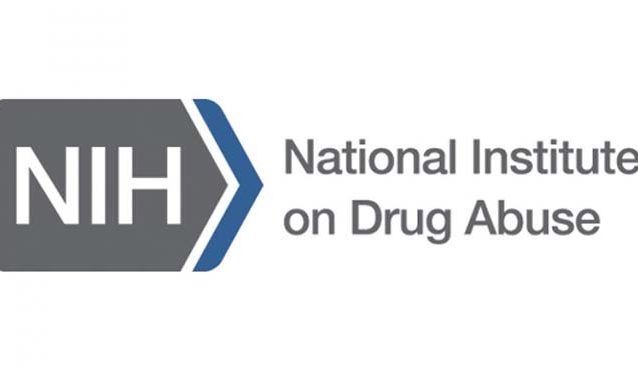NIH grants University of Michigan $420k to continue Precision Health opioids research

Researchers will analyze existing data to discover measurable factors that can predict increased post-surgical opioid use.
A group of University of Michigan researchers from across schools has been awarded a $420,000, one-year supplemental grant from the National Institute on Drug Abuse (NIDA) to continue work on identifying factors related to post-surgical opioid use.
The primary aim of this precision health research project is to conduct genetic analyses, including genome-wide association studies (GWAS), of new persistent use of opioids after surgery. The study will leverage data from the nearly 60,000 participants enrolled in the Michigan Genomics Initiative (MGI), along with statewide opioid prescription data from the Michigan Automated Prescription System (MAPS). NIDA funds will allow personnel to conduct the work, U-M’s Data Office for Clinical & Translational Research (DOCTR office) to manage the data, and data analysts to study prescription data.
Led by principal investigators Chad Brummett, MD, and Jennifer Waljee, MD, MPH, MS—both from Michigan Medicine—the group also includes co-investigators Amy Bohnert, PhD, MHS, from the Department of Psychiatry, and Albert Smith, PhD, from the School of Public Health.
“We are very excited to have the opportunity to study genetic associations of new persistent opioid use,” said Brummett. “Through our work in the Opioid Prescribing Engagement Network (OPEN), we have made surgeons aware of the potential long-term morbidity from postoperative opioid prescribing and have made major strides in improving opioid stewardship by surgeons in our state and nationally. Through this additional NIH funding and the work of U-M’s Precision Health initiative, we can now probe potential mechanisms of new chronic opioid use and begin to define individual patient risk.”
Strategies addressing prescription opioid misuse currently target the downstream effects of opioid dependence, but identifying factors that lead to new opioid dependence among opioid naïve patients holds the greatest potential to reduce dependence and unintended diversion, and to slow the ever-growing opioid epidemic.
Many people in the US who become opioid dependent receive their first opioid prescription following surgical procedures, yet no clinical guidelines exist to inform postoperative opioid use. The investigators have previously demonstrated opioid prescribing patterns do not necessarily correlate with patient-reported pain, and are likely predicated on surgeon experience and preferences. With the research this NIDA grant will enable, they hope to uncover measurable patient factors that can predict increased postoperative opioid consumption.


